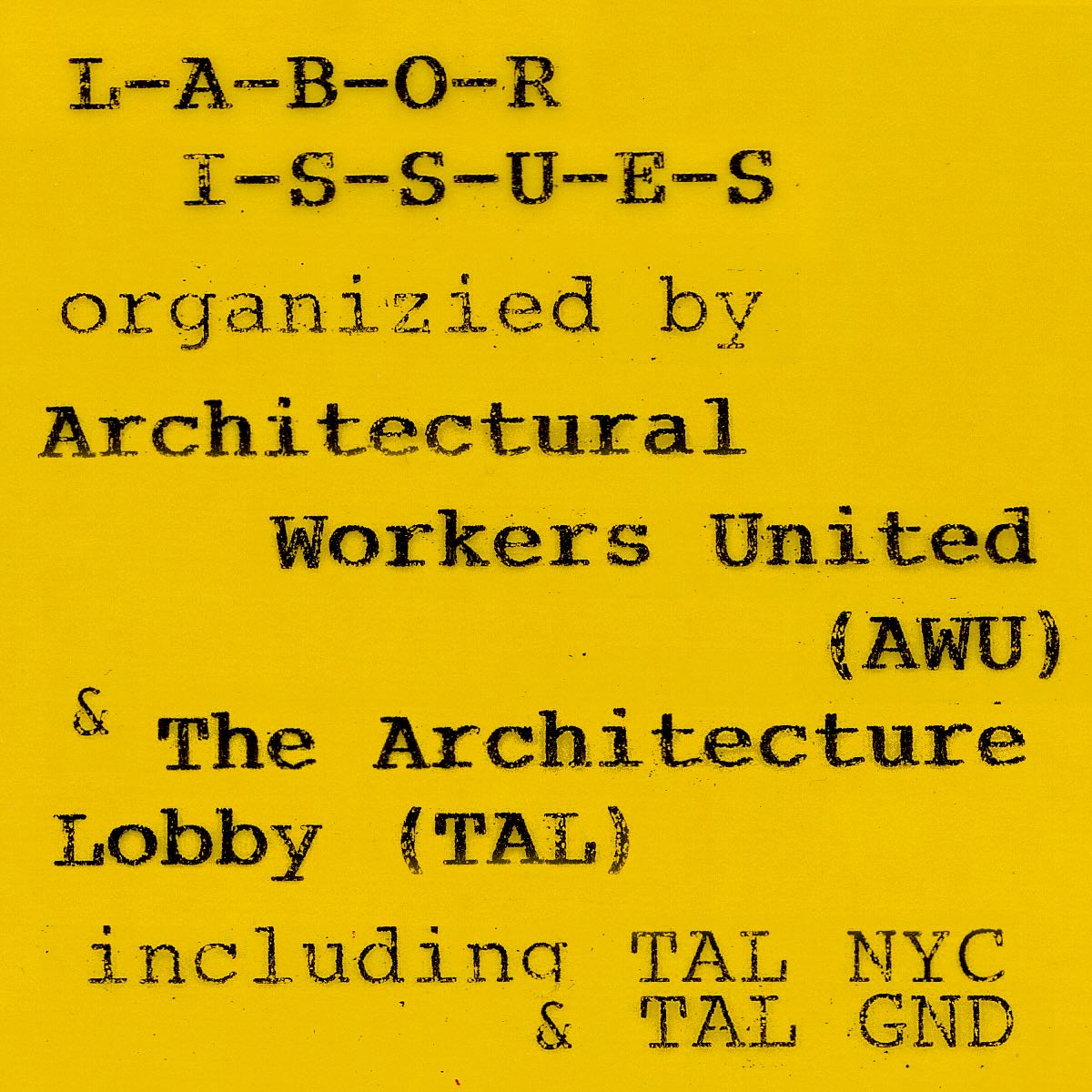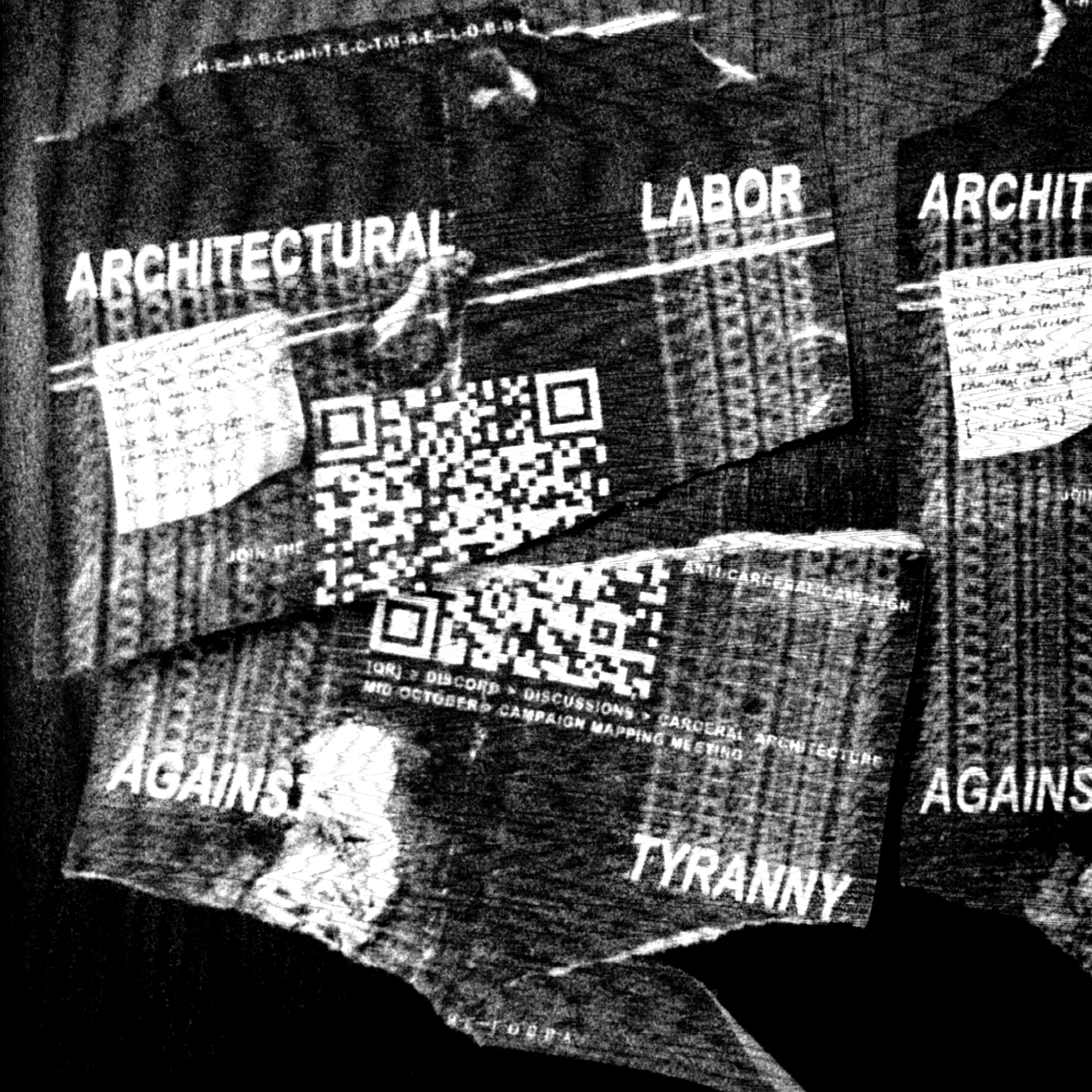We will be holding an informational meeting over the phone for those that are interested in learning more about what the Lobby is all about. Join us!
If you aren’t already a member of the Lobby and are curious about what we’ve been up to, what we plan on doing moving forward, and how you can help – join us for our Architecture Lobby 101 Meeting. The meeting is scheduled for Monday, October 17th at 9pm EST. It’s happening over the phone – just call in to (712)-770-4010 and use the access code 835160 at 9pm. We’ll be talking about our manifesto, how we are making change for architectural workers, how the Lobby is structured, what makes us different from the AIA, how we can help you, our plans for the future, and ways to aid the cause!
And as always – you can send us an email at info@architecture-lobby.org with any questions!



